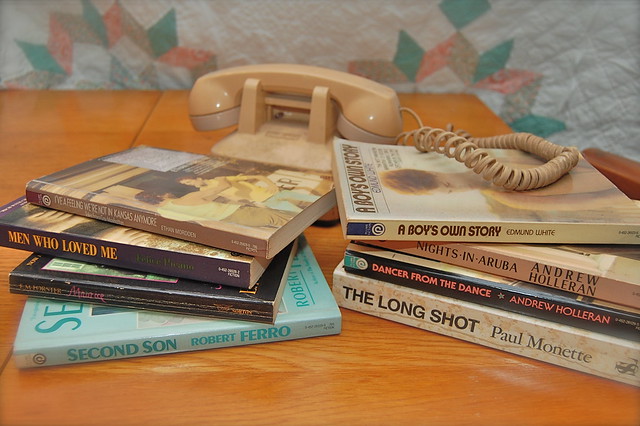
I think a lot about technology and how writers use it. Cell phones and the Internet, in particular, have changed the way many of my favorite authors write romance, mystery, and suspense. In young adult fiction, teens and twenty-somethings of the new millennium have very different access to one another and to information than did those of, say, the 1970s. Sometimes technology drives the story, sometimes it’s woven into it, and sometimes a writer has to account for why it’s not working so a character can’t make use of it.
Even with all our technology, all the apps available to us, all the connection and the wealth of accessible information that cell phones, computers of all shapes and sizes, and social media seem to provide us, writers and our characters still grapple with the same human concerns. The desire for love and companionship. Feelings of loneliness or isolation. Fear of failure or irrelevance. Anxiety about growing old or impaired and how that affects our physical and emotional security. Wonder about why we’re here, whether we matter, what we should be doing with our lives and our talents.
In his story “Symposium,” Andrew Holleran deftly allows writers–and by extension, anyone, as we’re all writing our own life stories–to laugh at ourselves (gently) as we navigate our way in a world that’s speeding up while many of us are slowing down (or want to slow down). Two writers, the narrator and his longtime friend Maroney, are sitting by the pool of a Fort Lauderdale guesthouse with other writers and a publisher following an event discussing the past, present, and future of gay books.
But there does come a time [Maroney says] when you really have to ask yourself why you have ended up alone.
Why have you? says our host.
I don’t know. But last night I was lying in bed, wondering, Who do I love? I mean whom.
That’s what I want you to write about, says the publisher. Even though gay men seemed to have stopped reading. Even though the mainstream publishers have given up on us, the bookstores have closed and the gay audience has gone elsewhere.
You mean movies and computers, says our host.
Yes. Before gay books, there was no place to read about yourself or your life. Then came “Will & Grace”—and all its spawn.
The publisher puts down his cocktail and says, “Will & Grace” killed gay publishing.
Everything in your country, says the British scholar, seems to end up a sitcom.
You’re right, says the publisher. How I hated “Will & Grace.” It was so L.A.—so vacuous and bitchy. It had nothing to do with our emotional lives.
But you have to appreciate the challenge they faced, says the young man from Miami. They had to satirize gay stereotypes they knew homophobes would take literally. They had to instigate a discourse within a heteronormative hegemony.
So not what you write, says the publisher to Maroney.
If you’ll forgive my ignorance, says the British scholar as he leans forward, but then I’m a historian, what is it that you do write?
Wistful longing, Maroney says.
Every writer has a tone, says the publisher. Maroney’s is regret.
But, Maroney says, regret is out.
Oh, says the scholar, and why is that?
Gay life is about different things now, he says, it’s about marriage, service in the military, adopting kids, “Will & Grace.” It’s post-gay.
And is wistful longing, says the scholar, pre-gay?
Yes.
But surely homosexuals have as much right to be wistful as anyone else, says the scholar.
Not anymore.
The wistful longing in Maroney’s books is about being homosexual, about the impossibility of love between two men, says the publisher.
Which is now considered retrograde, says Maroney.
Then why, the British scholar asks the publisher, do you want to start this company?
I want to start this company, says the publisher, because I like wistful longing and regret! Won’t you give me something, he says, turning to Maroney, a book of essays, your collected book reviews? I’d kill to have anything from you on my fall list!
But I don’t have anything, mumbles Maroney against the plastic weave of his chaise longue. I’m dried up.
I’d give you cover approval, says the publisher.
Thank you, says Maroney, but I just don’t have anything…to say, about love or anything else. I’m post-gay.
But your readers need something from you, says the publisher, your readers want to know what you’re thinking. Gay people need someone to describe this hopeless longing, this demented search for love!
Maroney lifts his head like a plant responding to sunlight.
We’re starting to receive reader reactions to the stories in Foolish Hearts: New Gay Fiction. It’s exciting to hear how the work of these writers is being praised. Tim and I aren’t surprised, though. We’re not just the stories’ editors, we were their first audience and fans. Now that the anthology is available from booksellers everywhere in trade paper and ebook format, you can join us.
Excerpt reprinted with permission from Cleis Press. All rights reserved.
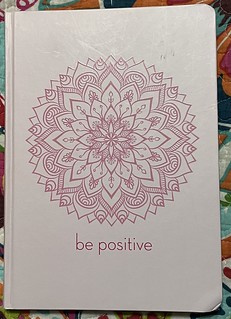


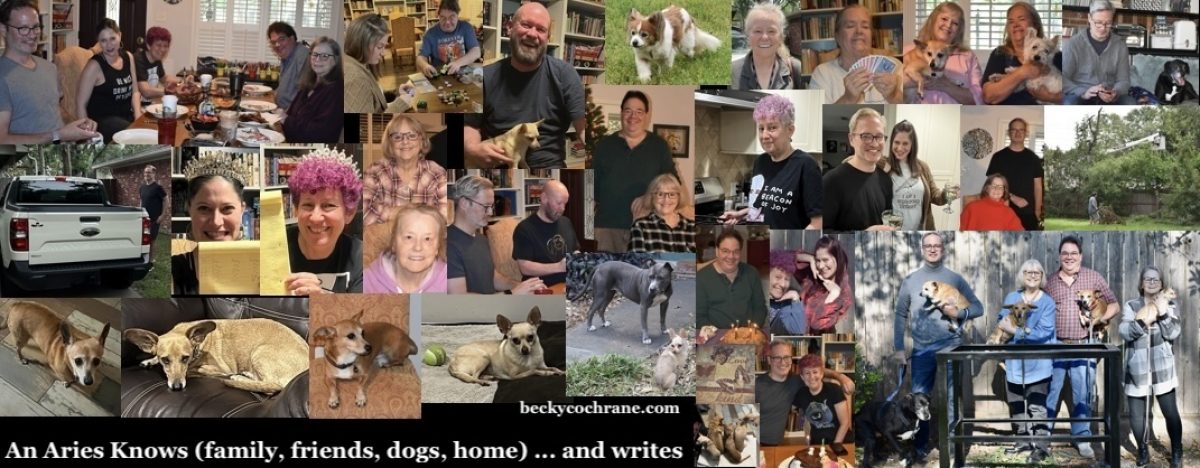


 Question 548: Facebook or Instagram (and why…)
Question 548: Facebook or Instagram (and why…)
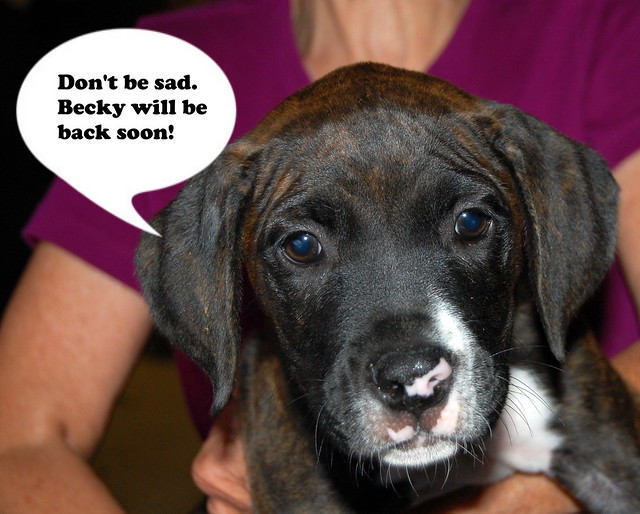
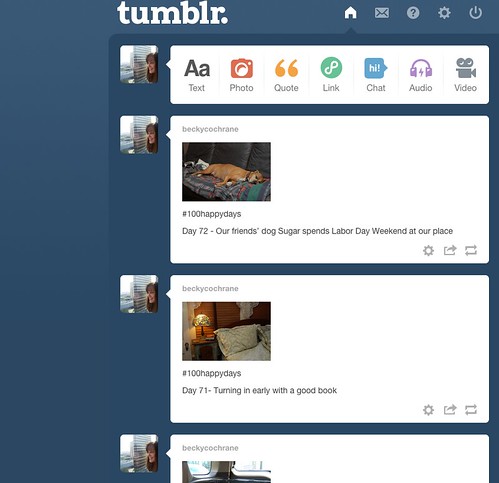


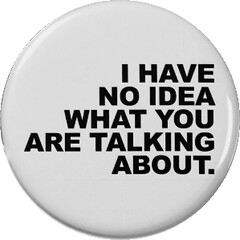
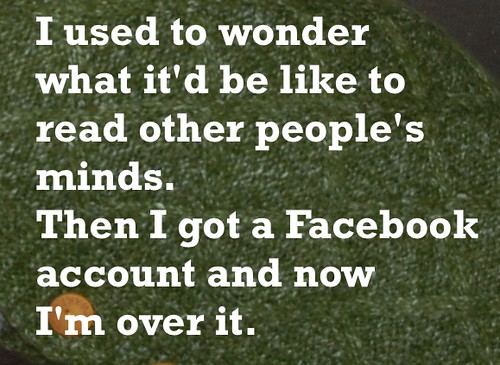 When these words circulated around the Internet a couple of years ago, they tickled me for several reasons. My ongoing distaste for many facets of Facebook has been documented so I won’t get into it again. But even though there’s a lot of criticism for the way we use social media to record the “banal” parts of our lives, that actually appeals to me. I like knowing about people’s daily lives and the things that are occupying them. Maybe sometimes those things seem boring or predictable, but what a nice counterpoint that is to the grim realities we get in the news. Especially when people share details of those things that make them happy–the music they listen to, books they read, friends they saw, time with their families, projects they’re working on, fun they’ve had–these things make me happy to know. When they share their challenges or worries, it provides me a chance to offer encouragement or gives me perspective about my own.
When these words circulated around the Internet a couple of years ago, they tickled me for several reasons. My ongoing distaste for many facets of Facebook has been documented so I won’t get into it again. But even though there’s a lot of criticism for the way we use social media to record the “banal” parts of our lives, that actually appeals to me. I like knowing about people’s daily lives and the things that are occupying them. Maybe sometimes those things seem boring or predictable, but what a nice counterpoint that is to the grim realities we get in the news. Especially when people share details of those things that make them happy–the music they listen to, books they read, friends they saw, time with their families, projects they’re working on, fun they’ve had–these things make me happy to know. When they share their challenges or worries, it provides me a chance to offer encouragement or gives me perspective about my own.